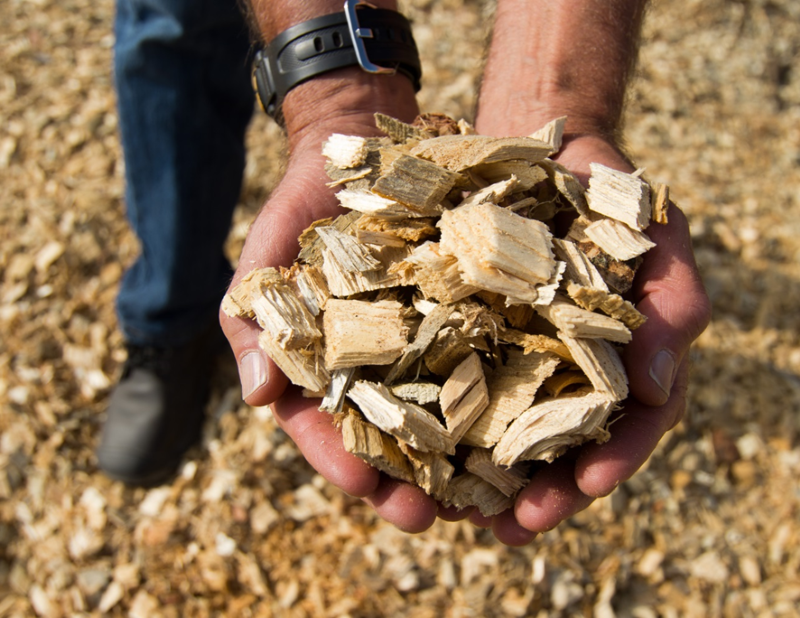The biomass It is renewable energy that takes advantage of everything the world has to offer nature offers us, because it is a material of plant, organic origin, which can be used for energy purposes. In Spain, this type of energy is developing rapidly.
Types of biomass
Depending on their origin, there are different types Biomass
- Agricultural: these are the residues of harvests and agricultural crops.
- Livestock: They consist of animal waste, such as slurry and manure.
- Industrial: this is organic waste that comes from various industries, such as food (the remains of olive oil or canning factories), timber, furniture production and/or paper mills.
- Municipal waste: consists of the organic fractions of solid civil waste.
- Aquatic: They come from the remains of plants and algae.
- Forestry: it is what remains after the felling of the forests, the waste from the “clearings”, the remains of pruning and what comes from forest energy crops.
How is biomass obtained?
The biomass It is converted through thermochemical, mechanical and biological processes, to obtain a product called pellets and the chips that generate heat and are used to power pellet stoves and/or biomass boilers, biogas (which produces electricity generated), bioethanol and biodiesel.


Another set of products is also obtained that, although less known, are key elements for carrying out other more complex processes. Among them are: biohydrogen and advanced biofuels. When the combustion takes place biomassa process takes place that results in heating or the generation of electricity or biofuels; It is known as bioenergy.
This means: you can heat homes, sports centers, hospitals, industries and even entire neighborhoods from biomass. Electricity can be generated, as well as the heat and steam required for industrial processes. In addition to biokerosene for aviation, biofuels for transport and bioethanol and biodiesel for the automotive sector.
The importance of biomass
Although it is fundamental to generate energy from a renewable source, you must take advantage of it and improve its use biomass brings a series of important benefits that influence the country’s economy, generate sources of employment and reduce the impact on the economy environment.
The biomass It is able to generate natural, high-quality and sustainable energy, in the form of heat, electricity and biofuels, all using a range of raw materials that are very abundant.
In this way the economic dependence of the fossil fuels, which also have a limited expiration date. And at the same time, employment is generated and waste is used positively by converting it into energy.
Biomass and employment
Production facilities biomass These are industries that generate a large number of jobs, both directly and indirectly. And thanks to you sustainabilitythese are not sporadic jobs, but are maintained over time.
For this reason, they are closely linked to the areas, as a large number of workers are needed to collect, manage and transport waste to the facilities where it will be converted into energy.
The bioenergy sector is especially crucial for increasing employment and prosperity in rural areas. Because that is where the resources are needed to produce the biomass. This would enable people to settle in rural areas, providing livelihood opportunities and advancement to those living there.
Environmental benefits of biomass
The use of the biomass It ensures that waste is converted into raw materials, preventing it from having a negative impact on the environment. Cleaning the mountains and forest and collecting excess waste would prevent many of the many forest fires that devastate large areas around the world every year and are becoming increasingly serious and difficult to extinguish.
On the other hand is the use of biomass of animal origin, combined with the use of biofuels, would undoubtedly contribute to reducing greenhouse gas emissions and thus greenhouse gas emissions pollution environment.

